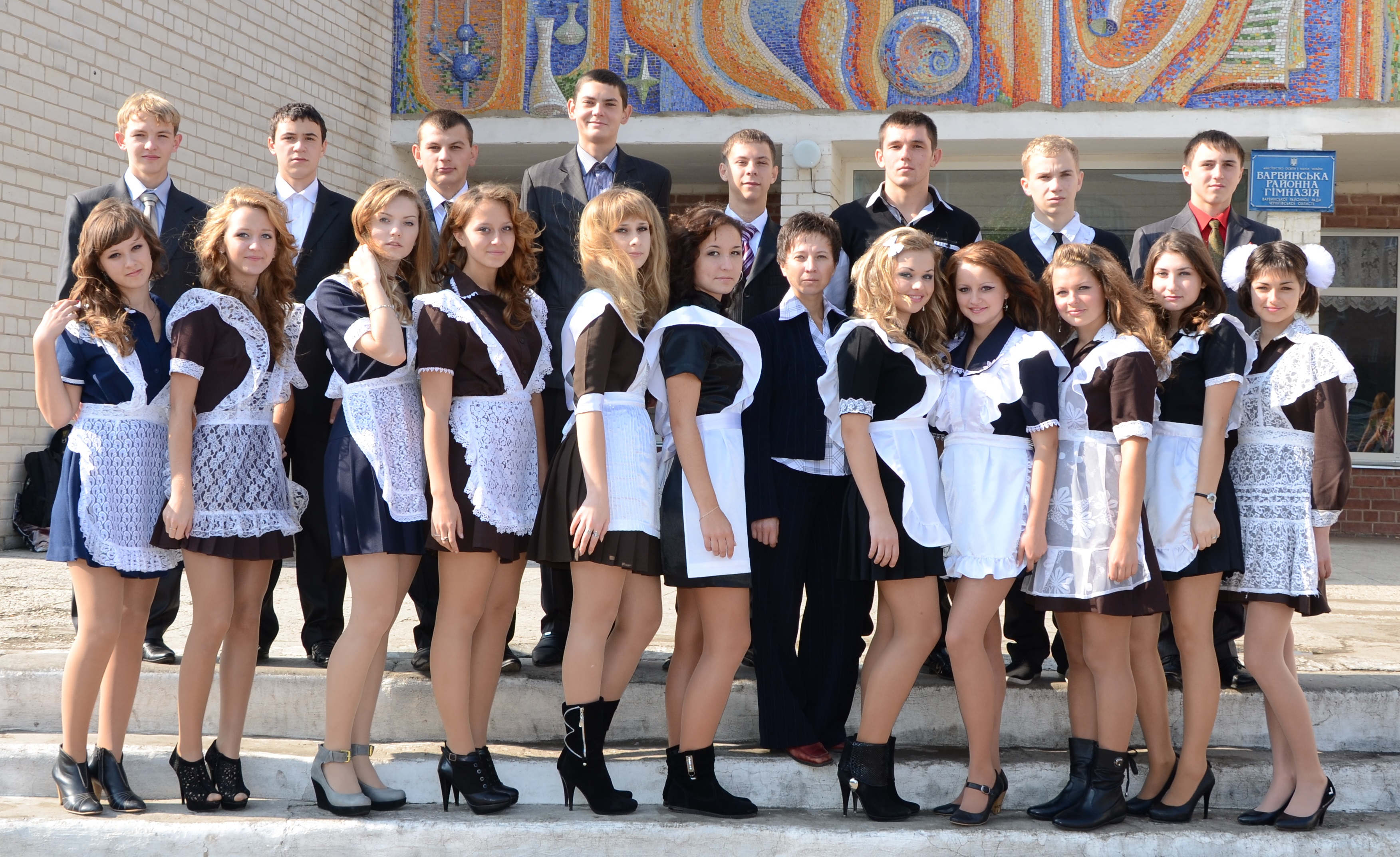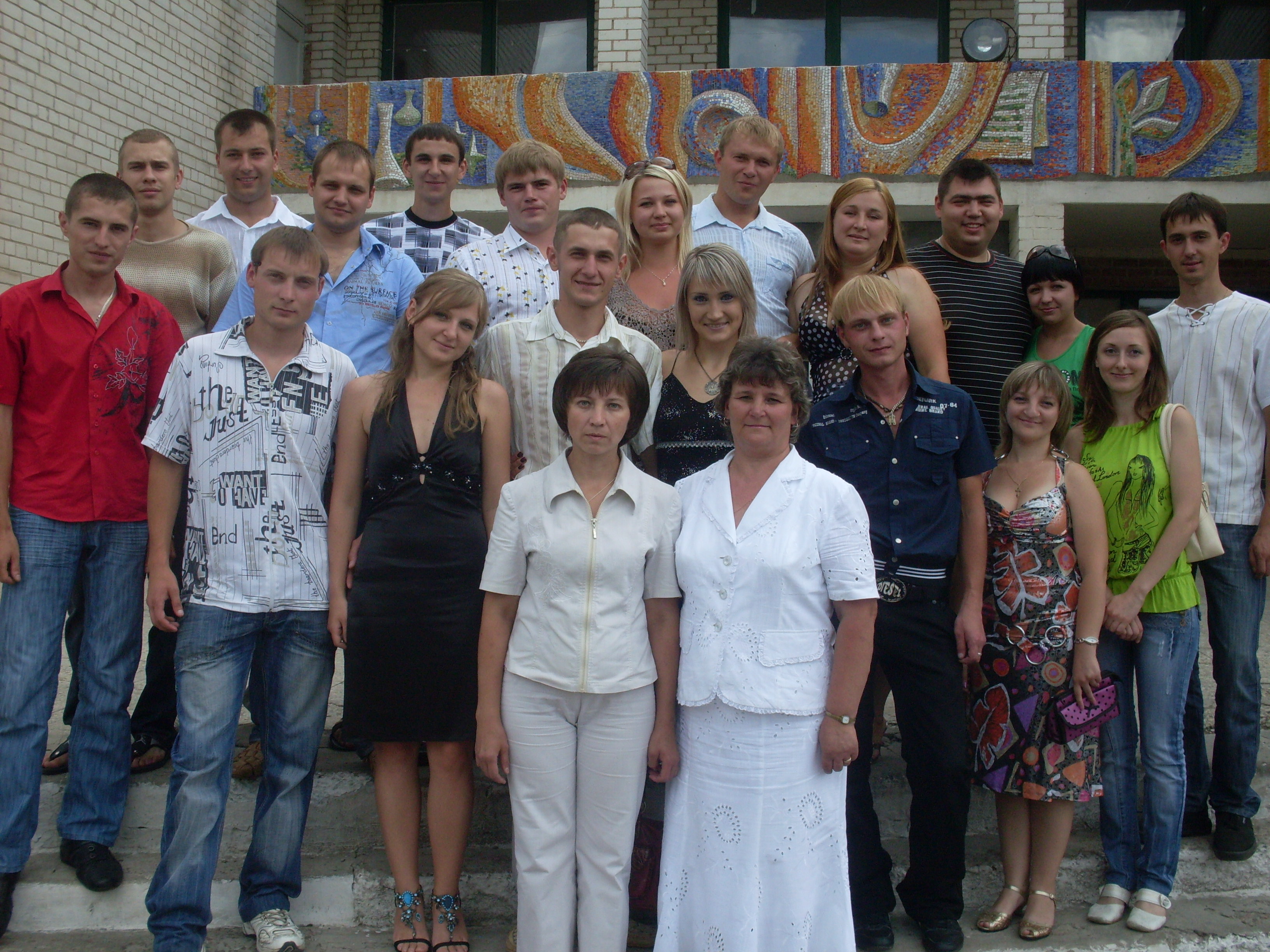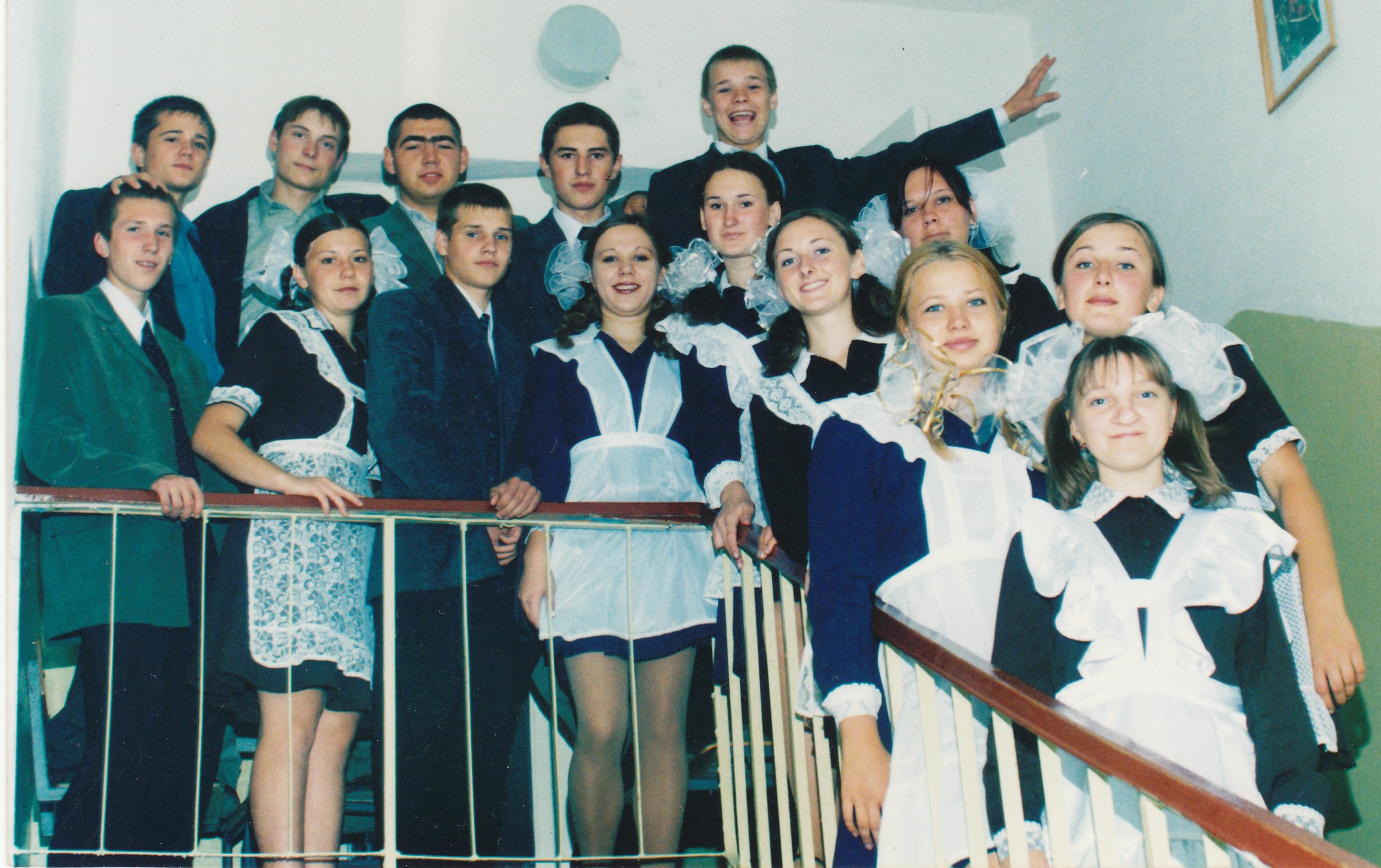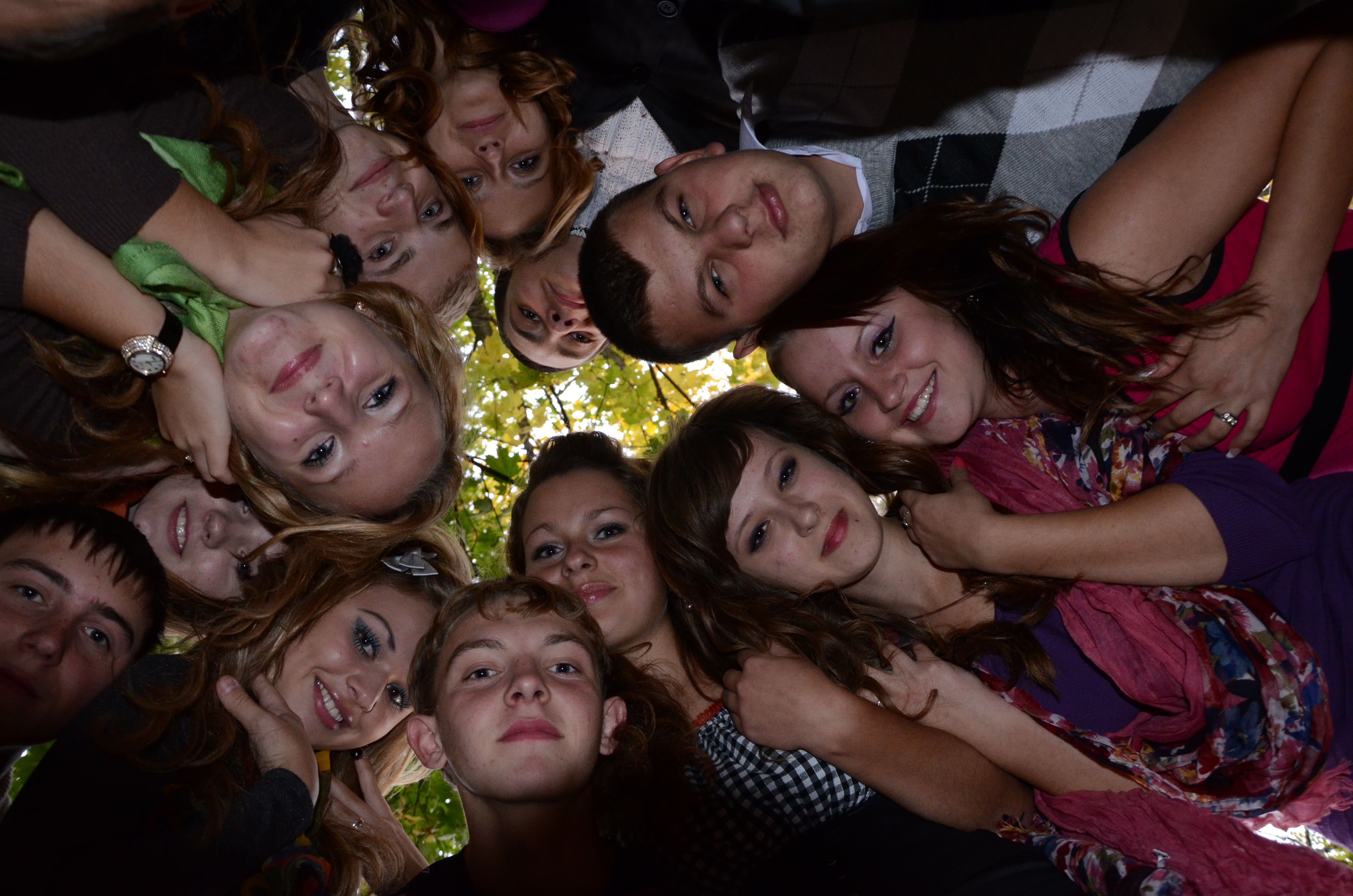New Life in the Country
to fetch— сходити за кимось, принести
plodding – повільний і важкий
prank— витівка
to look on — дивитися як на, вважати за
whereabouts— приблизне місцезнаходження
to urge— примушувати, поганяти
to wander — мандрувати, блукати
errand— доручення
The Mole People
mole [maul] — кріт
inhabitant— житель
solitude— усамітнювання, самотність
runaway— втікач
menial— зневажлив. слуга, лакей
perception— сприйняття, відчуття
scared— наляканий
hostility— ворожість
dweller — житель
New York is famous for its 24-hour street life. But below street level, in New York’s thousands of tunnels, there is a very different city with a population of around 14,000. This is where the “Mole People” live. The “Mole People” don’t like being called “Mole People”. Many don’t like being called “the underground homeless” either because they have finally found somewhere to call home in the network of subway and railroad tunnels. In some areas these tunnels are often seven levels below the street. Unlike most American homes, the smell of waste hits you in face. But the people that live there get used to that quite quickly and learn the places where there’s less of a smell… and fewer rats! (although, some actually eat the rats!)
People live here for a variety of reasons; two very common ones are that it’s safer and warmer than the streets or they are hiding from abusive family members. Some inhabitants say they were attacked when they were homeless on the streets and are too scared to live there again. Other more “extreme” tunnel inhabitants simply reject the outside world and “the system”. Although some live in solitude, the population generally divides into different communities. Runaways and drug addicts are two large groups but there are more. Some inhabitants are mentally ill. Some are women who don’t want their children taken away from them, so they take them to live in the tunnels. Many inhabitants criticize mothers doing this, saying that it’s a terrible place for children to live in. It’s not most adults’ choice either.
The best place to live is not too near the surface because there can be too much noise from the trains (and the rats live at the top), but not too deep either. “There are some who live so deep down that nobody sees them and they don’t really speak”, says one inhabitant. This is many people’s perception of how most of the tunnel people are, but this is incorrect; some have menial jobs above ground, in some tunnels there are fresh water pipes, and although it is dark most of the time in the tunnels, some have power cables so that electrical devices and lights can be used. Some tunnels even have their own mayor or representative. Although some tunnel inhabitants never leave, others beg for food during the day. In theory, it’s hard to starve in New York because people and restaurants tend to throw so much food away.
Another way of surviving is to collect cans. Some stores will give a couple of cents per can collected.
The outside world is not invited into the tunnels, visitors are not welcome and are often treated with suspicion and hostility. It is for this reason there is not much written about them. Many tunnels have “guards”, others require a “code” to get in. As the tunnel dwellers are not part of “the official city”, they are not given much help with their health or welfare.
Task 16. Doctor Jones and His Patient
The telephone rang and doctor Jones took up the receiver. His patient’s servant asked him to come to their place. “I can do nothing with the old man,” he said and doctor agreed to come at once.
He had thought much about his patient since his last visit and knew what the matter was. His patient, a rich old man, liked to buy things at high prices. In a short period of time he had spent very much money. His friends were afraid that he would soon be pennyless, that’s why they wanted the doctor to do something to stop him.
The doctor was thinking about it when he entered his patient’s house that day. “Good morning!” he greeted the old man. “How are you today? I want to tell you something.” The old man who was sitting in an armchair turned to him. “What is it? More medicine or some other idea?” he asked. “Would you like to study art?” asked the doctor. “It will do your health much good.” “Why should I? I don’t understand it,” the old man answered. “It doesn’t matter. You must study it. I can get a student from an art school, who will come here once a week and give you lessons,” the doctor said. His patient who wanted to be sound agreed.
A few days later the doctor found an art student who was glad to accept his offer.Five dollars a lesson was not bad at all. The next morning the lessons began. The old man studied hard and often visited art exhibitions. He even stopped buying things at high prices. He decided to exhibit one of his own pictures. It was a very bad picture and the doctor could not understand why the exhibition accepted it.
Some days passed. One morning the old man received a letter. “Read it to me,” he asked the doctor, “I am tired.” “Your picture has received the first prize,” the doctor said. “Now, I believe, you like art more than anything else.” “Oh, no! Art is nothing,” said the old man. “I’ve bought the exhibition.”
Task 15. Jim Thorpe
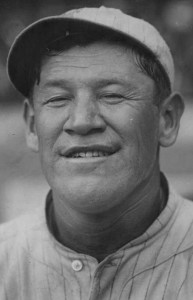 Jim Thorpe was perhaps the greatest athlete the United States has ever had. James Francis Thorpe was born on May 28, 1888 in Oklahoma. First he went to a public school for Indians near his home. In 1904 he entered the Carlisle Indian School. He did not have enough money to study full-time and had to interrupt his education several times as he had to earn his living.
Jim Thorpe was perhaps the greatest athlete the United States has ever had. James Francis Thorpe was born on May 28, 1888 in Oklahoma. First he went to a public school for Indians near his home. In 1904 he entered the Carlisle Indian School. He did not have enough money to study full-time and had to interrupt his education several times as he had to earn his living.
The director of athletics at Carlisle was Glenn warner, a famous athletic trainer. Warner began to train Thorpe for football and track. Jim became the best American football player. He also competed in baseball, basketball, tennis and swimming.
In 1912 the Olympic Games were held in Stockholm. Never before in the history of the Modern Olympics had one man competed in both pentathlon and decathlon at one meeting of the Olympic Games. Thorpe did this and he won two gold medals.
According to the rules only amateur athletes can take part in the Olympic Games. One of the reporters discovered that Thorpe had earned 25 dollars a month playing baseball during two summer vacations some years before. He was not therefore an amateur athlete and he had to return his gold medals. The men who came second in the pentathlon and decathlon refused to take them saying they really belonged to Thorpe.
Thorpe decided to give up amateur athletics. He became a professional baseball and football player. He continued to play professional football and baseball until 1929.
Since 1929 Thorpe had odd jobs: he worked as a laborer in California, sometimes he played the part of an Indian in movies about the old West.
On March 28, 1953 Thorpe died in the town of Lomita, California, a poor lonely man not quite 65 years old.
Vocabulary
interrupt – переривати
track (скорочення від track and field events) – легка атлетика
compete – змагатися
pentathlon – п’ятиборство
decathlon – десятиборство
odd jobs – випадкова робота
laborer – робітник, чорнороб
Carlisle – [ka:lail] – м. Карлайл
Choose the correct answer A, B, C, or D to each question:
1. Who was the greatest athlete the United States has ever had?
a) Garry Potter
b) Jim Thorpe
c) Arnold Schwarzenegger
d) Tomas Anderson
2. When and where was he born?
a) On May 28, 1888 in Oklahoma
b) On May 28, 1888 in Mexico
c) On May 28, 1888 in Washington
d) On May 28, 1888 in Oxford
3. What school did he go to first?
a) First he went to a Grammar school near his home.
b) First he went to a private school near his home.
c) First he went to a public school for Indians near his home.
d) First he went to a kindergarten near his home.
4. When did he enter the Carlisle Indian School?
a) In 1904
b) In 1804
c) In 1704
d) In 2004
5. Why did he have to interrupt his education several times?
a) He didn’t have enough money to study full-time.
b) He didn’t want to study.
c) He was busy taking part in sports competitions.
d) He was not interested in studying at all.
6. What did Warner begin to train Thorpe for?
a) for football and basketball
b) for football and track
c) for tennis and track
d) for skating and basketball
7. Where were the Olympic Games held in 1912?
a) in Switzerland
b) in Sweden
c) in Liverpool
d) in Stockholm
8. How many medals did Thorne win?
a) three
b) one
c) two
d) six
9. What was the reason of Thorpe’s returning his gold medals?
a) He was not an amateur athlete. He earned 25 dollars a month plying baseball.
b) Somebody discovered that he had taken drugs.
c) He did not want to get them.
10. How long did he continue his professional sport activities?
a) until 1829
b) until 1729
c) until 1929
d) until 1939
11. When and where did he die?
a) On September 28, 1953 Thorpe died in the town of Lomita, California, a poor lonely man.
b) On April 28, 1953 Thorpe died in the town of Lomita, California, a poor lonely man.
c) On May 28, 1953 Thorpe died in the town of Lomita, California, a poor lonely man.
d) On March 28, 1953 Thorpe died in the town of Lomita, California, a poor lonely man.
Task 14. Holiday Choice
Over 300 million people take holidays abroad every year, and a recent survey has shown that they would rather cut back spending on food and clothing than spend less on holidays. Choosing the ideal holiday is not always easy, but in this day and age there is a wide range of choice, and you should be able to find something to suit your taste and pocket.
Some people like planning their holiday independently, while others prefer to book a package. It depends on where you’re going, how much money you have, and whether you’re travelling alone, or with friends or family.
The obvious advantage of a package holiday is that it’s simple to organize. You book the holiday through a travel agent, and transport, insurance and accommodation are all arranged for you. All you have to do is pay the bill. If you take an independent holiday, on the other hand, you can spend a lot of time and a small fortune checking complicated timetables, chasing cheap flights, and trying to make hotel booking in a language you can’t even speak. What is more, package holidays are often incredibly cheap. For the price of a suit, you can have a fortnight in a foreign resort, including accommodation, meals, and air travel. A similar independent holiday, however, can work out much more expensive.
Yet the advantages of planning your holiday yourself are considerable. You are free to choose exactly where and when you want to go, how you want to travel, and how long you want to stay. You can avoid the large resorts, whereas holiday-makers on package tours are often trapped among crowds of other tourists. You can eat the food of the region at reasonable prices in local restaurants, while they are served with “international” dishes and chips with everything. Besides, although package holidays are usually extremely good value for money, they are not always cheaper. If you’re willing to take a little trouble, you may be able to save money by fixing up a foreign holiday yourself.
All things considered, I would prefer to plan my holiday independently. In my view, it’s safer to do it yourself!
Vocabulary
package – пакет угод
package holiday – комплексна туристична поїздка чи екскурсія
incredibly – неймовірно
to trap – ловити в пастки, капкани
to fix up – організувати, привести до норми
booking – розташування замовлень






